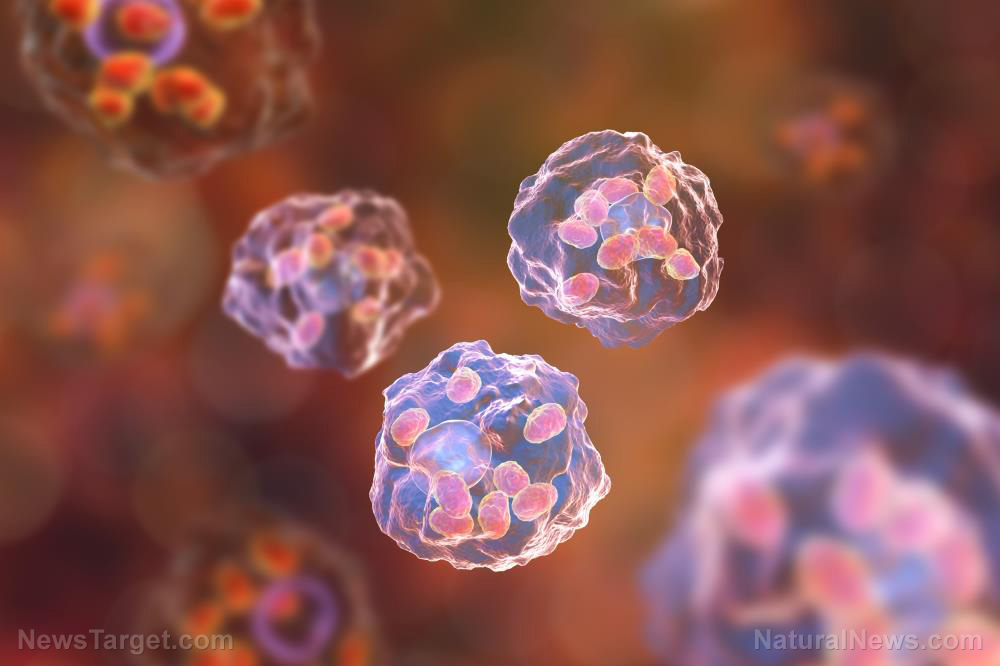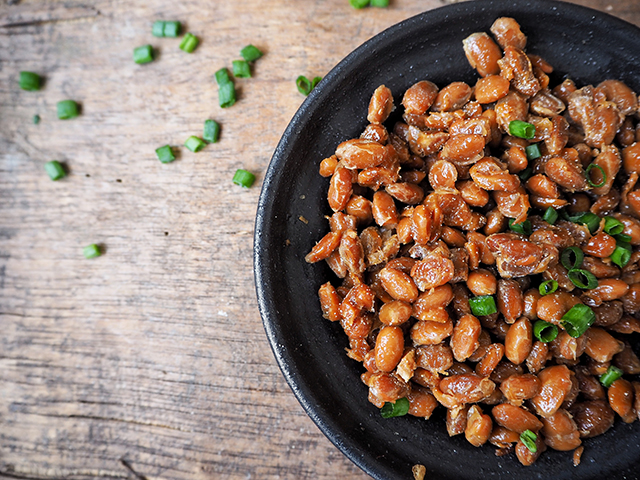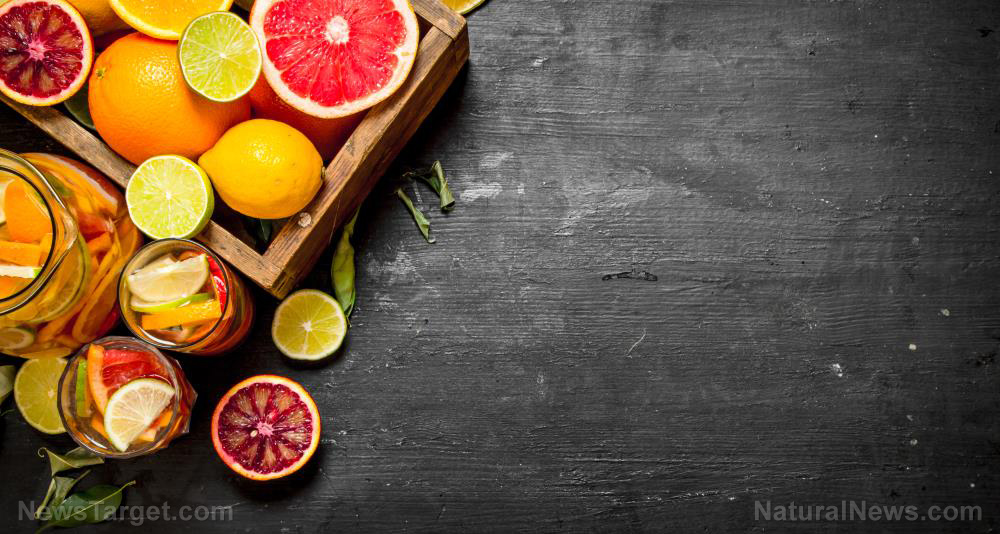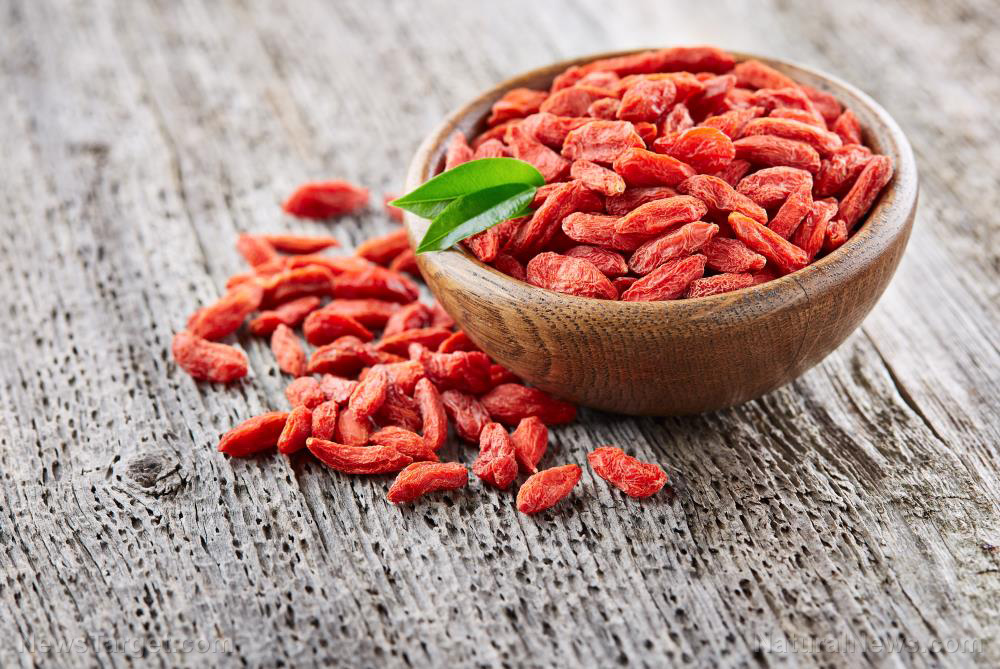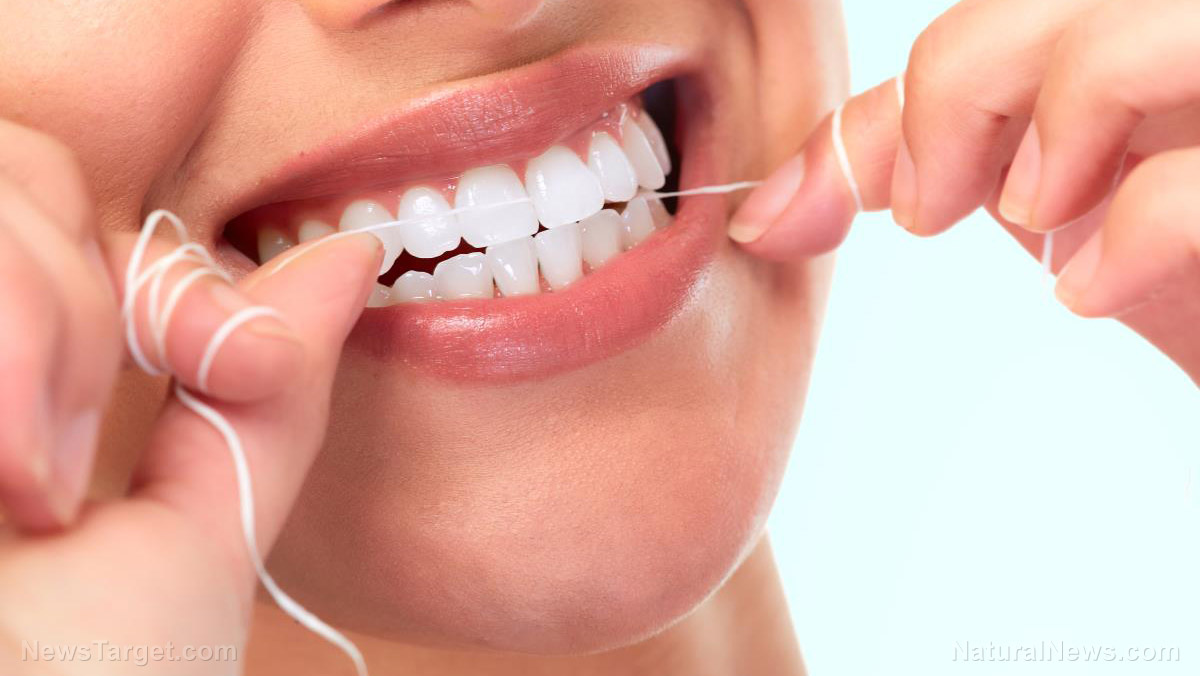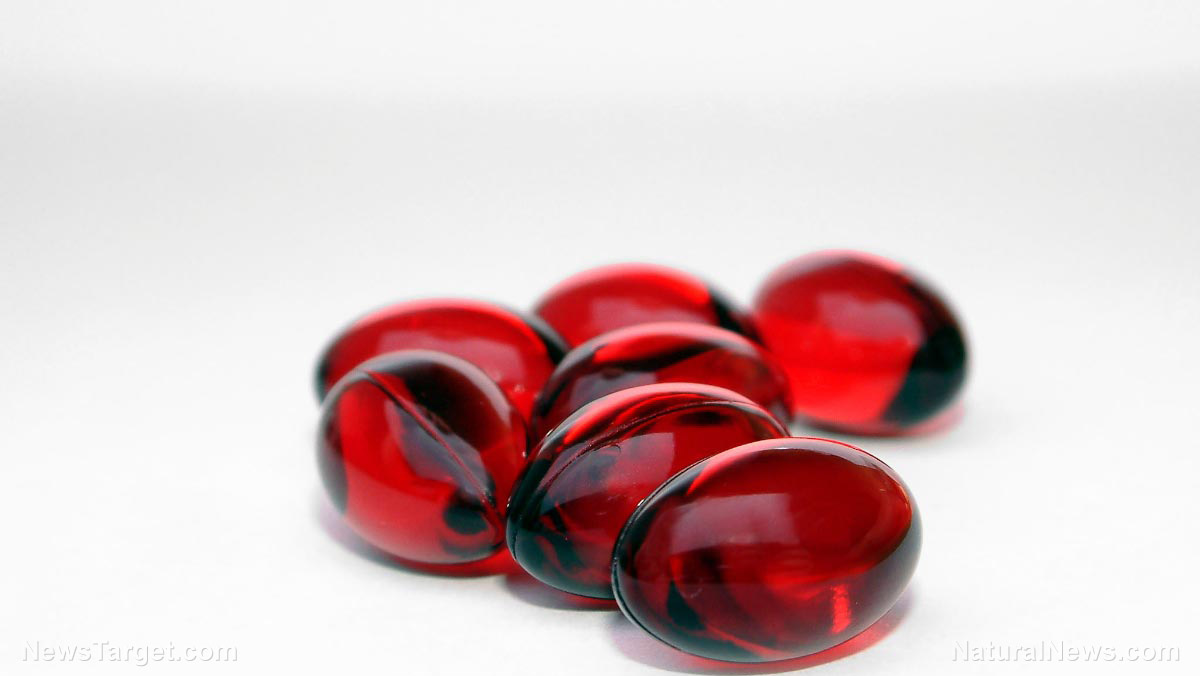Glutathione helps fight fatty liver disease, reveals study
06/21/2022 / By Zoey Sky

Glutathione is a powerful antioxidant that can be found within every cell of your body. This antioxidant is made up of amino acids and has many important bodily functions, such as providing immune system support, neutralizing free radicals, helping the liver to handle fats and repairing DNA. Unlike other antioxidants, your body can produce glutathione in the liver.
Earlier studies have confirmed that there are many links between certain diseases and low glutathione levels. Since glutathione has an important role in the antioxidant and detoxification systems of cells, researchers have hypothesized that glutathione supplementation may help fight fatty liver disease.
In a study published in BMC Gastroenterology, researchers found that oral supplementation with glutathione significantly helped individuals with nonalcoholic fatty liver disease (NAFLD).
Glutathione offers benefits for those with fatty liver disease
For the study, researchers worked with 34 patients with nonalcoholic fatty liver disease. All the volunteers were diagnosed via ultrasonography.
First, the patients made lifestyle changes, such as improving their eating habits and making exercise changes for three months. Next, the patients were given 300 mg of glutathione per day.
The researchers checked clinical parameters like liver fat, liver fibrosis and alanine aminotransferase (ALT) levels both before and after treatment with glutathione. An ALT test is a blood test that checks for liver damage.
Among the patients who finished this protocol, researchers observed a significant decrease in ALT levels after treatment with glutathione. The volunteers also experienced decreases in ferritin, triglyceride and non-esterified fatty acid levels.
Based on these findings, the researchers concluded that oral supplementation with glutathione has therapeutic effects on people with fatty liver disease.
Additional health benefits of glutathione
Other studies have also found that glutathione offers other amazing health benefits, such as:
- Boosting the immune system – Glutathione protects mitochondria and reduces inflammation, which is good for your immune system.
- Improving insulin sensitivity – According to a study, increasing glutathione levels could help improve insulin sensitivity.
- Counteracting free radicals – Glutathione is an antioxidant that can protect you from free radical damage.
- May help fight cancer – Research suggests that glutathione may help prevent cancer progression.
- Address symptoms of Parkinson’s disease – According to studies, maintaining healthy levels of glutathione can help alleviate or reduce symptoms of Parkinson’s disease.
As you grow older, your levels of glutathione naturally decrease. Factors such as illness, injury and stress can also affect glutathione stores.
You can address this by making healthy lifestyle changes, such as following a nutritious diet, eating more organically grown produce, quitting smoking, limiting your alcohol consumption and avoiding exposure to environmental toxins.
Prevent glutathione depletion by taking at least 200 to 500 mg of a glutathione supplement per day. (Related: Deficiencies in glutathione explain why many of us are suffering chronic health conditions.)
Tips for boosting liver health
Here are some tips to help keep your liver healthy:
Maintain a healthy weight
If you’re obese or overweight, you’re in danger of having a fatty liver that can lead to NAFLD, one of the fastest-growing forms of liver disease. Weight loss is an important factor and managing your weight can help reduce liver fat.
Follow a balanced diet
Avoid high calorie-meals, saturated fat, refined carbohydrates (white bread, white rice and regular pasta) and sugars. Don’t eat raw or undercooked shellfish.
Follow a balanced diet that incorporates foods rich in dietary fiber and lots of fresh fruits, vegetables, whole grain breads, rice and cereals.
Here are some foods and beverages that are good for your liver:
- Beetroot juice
- Blueberries and cranberries
- Cruciferous vegetables
- Fatty fish
- Grapefruit
- Grapes
- Nuts
- Olive oil
- Prickly pear
- Tea
Exercise regularly
Regular physical activity can help burn triglycerides and reduce liver fat.
Practice safe sex
Having unprotected sex or sex with multiple partners increases your risk of hepatitis B and hepatitis C.
Wash your hands thoroughly and regularly
Clean your hands using soap and water after using the bathroom, after you have changed a diaper and before preparing or eating food.
Maintain liver health by following a healthy diet, making positive changes to your lifestyle habits and taking glutathione supplements.
Watch the video below to learn how to treat fatty liver disease naturally at home.
This video is from the Natural Remedies channel on Brighteon.com.
More related stories:
Glutathione: the master antioxidant.
Glutathione is your body’s premier antioxidant and detoxifier.
Why it is Essential to Boost Glutathione and How to Naturally.
Sources include:
Submit a correction >>
Tagged Under:
alternative medicine, antioxidants, fatty liver, Glutathione, liver damage, liver disease, liver health, NAFLD, natural cures, natural health, natural medicine, nutrients, remedies, research, supplements
This article may contain statements that reflect the opinion of the author
RECENT NEWS & ARTICLES
COPYRIGHT © 2017 PREVENTION NEWS



